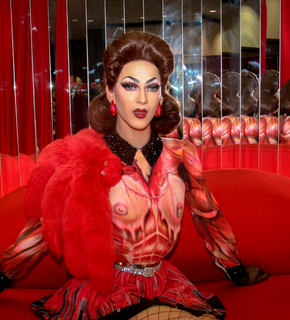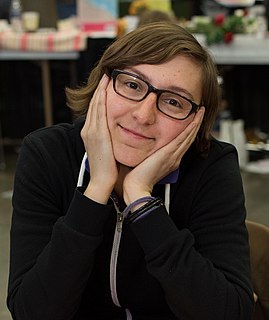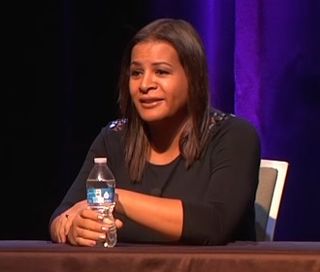A Quote by Suzanne Vega
I don't think gender is aesthetically defining for me.
Quote Topics
Related Quotes
I think it is an accurate statement to say that some people consider feelings of same-gender attraction to be the defining fact of their existence. There are also people who consider the defining fact of their existence that they are from Texas or that they were in the United States Marines. Or they are red-headed, or they are the best basketball player that ever played for such-and-such a high school. People can adopt a characteristic as the defining example of their existence and often those characteristics are physical.
Well, I was raised in the south, so it's like Bible belt vibes. I went to Catholic school, so I had a male uniform my whole life. I always had very specific gender roles with hair and makeup and nails. Every single little aspect of me was gendered and then I was told aesthetically what was allowed per my gender.
I met people on college campuses who were defining themselves as genderqueer to express revolutionary feelings, or to communicate their individuality; they were gender fluid without being gender dysphoric. This phenomenon may be culturally significant, but it has only a little bit in common with the people who feel they can have no authentic self in their birth gender.
I've always thought about gender, as someone who has been categorically "gender nonconforming" for my entire life, I was forced to think about it, but obviously I became more conscious of it as a social issue as I've gotten older. And as I've met more folks who are genderqueer or trans, it's been really enlightening to hear their stories, and it got me thinking about my own gender history.
I think growing up, the assimilation of most cultural conventions typically encouraged by a heightened awareness of gender and sex encourages a sort of separation of the self. What's so special about 'Hanna' is that her upbringing has negated this indoctrination; she's almost absolved of the pressures of gender or gender itself.
































